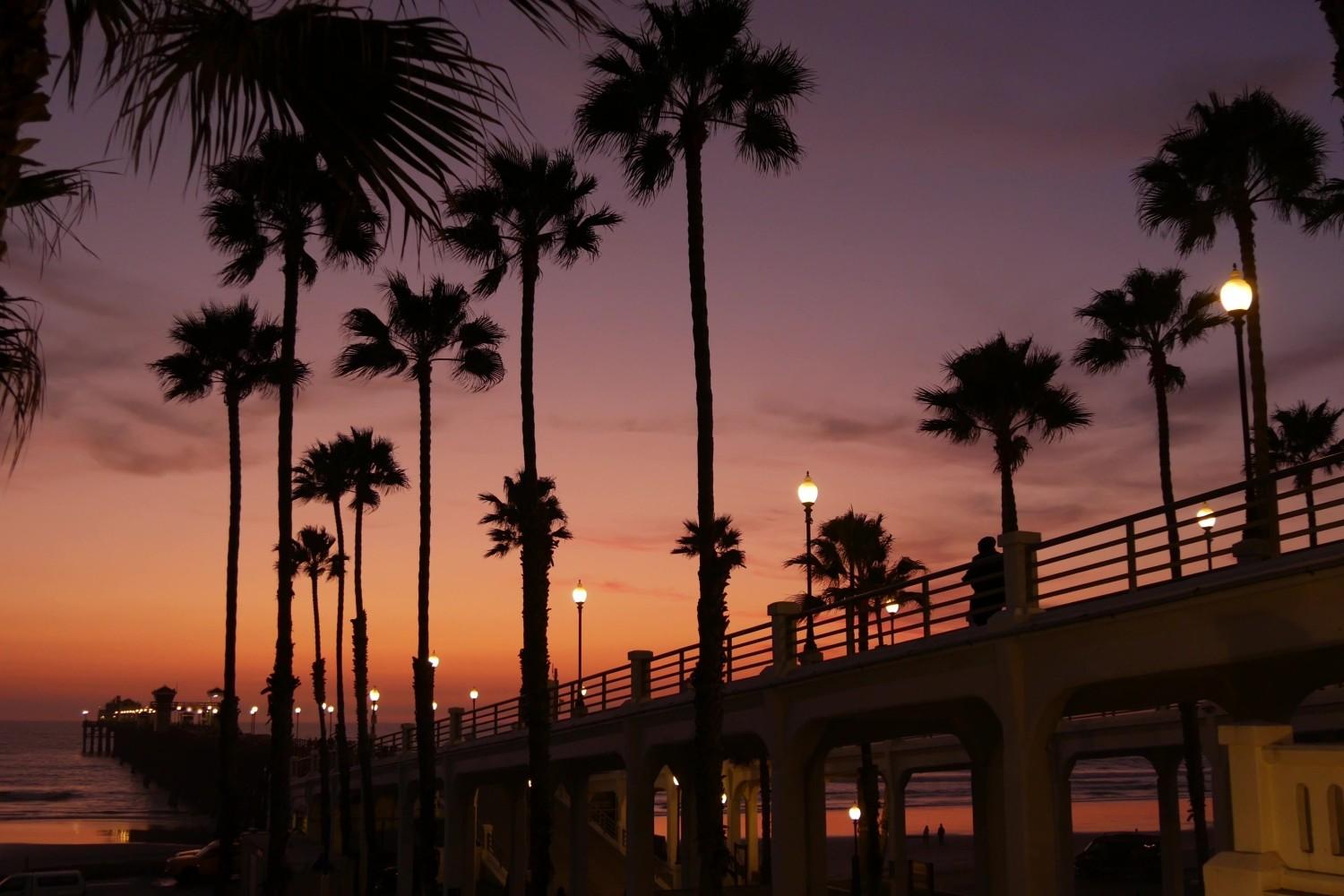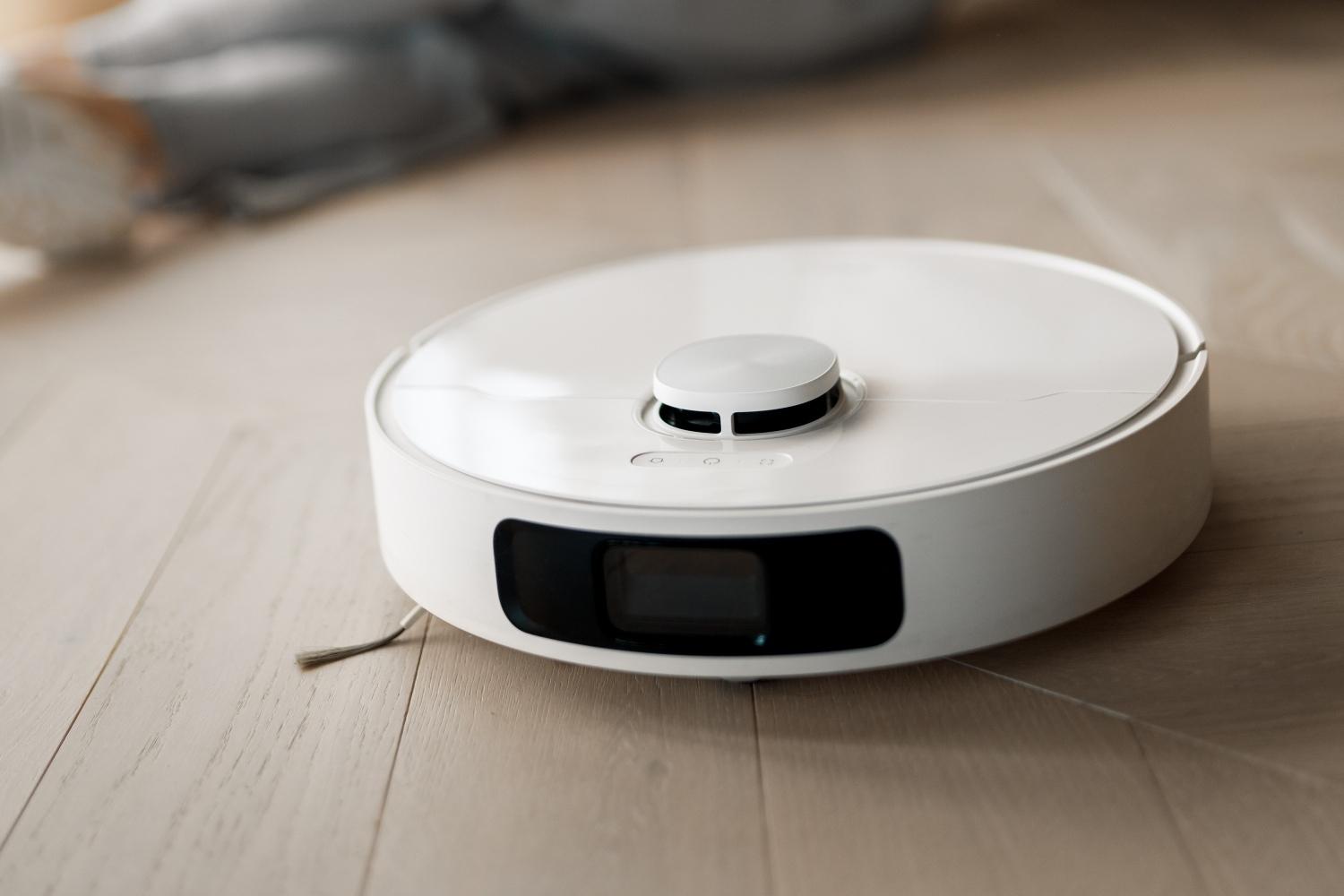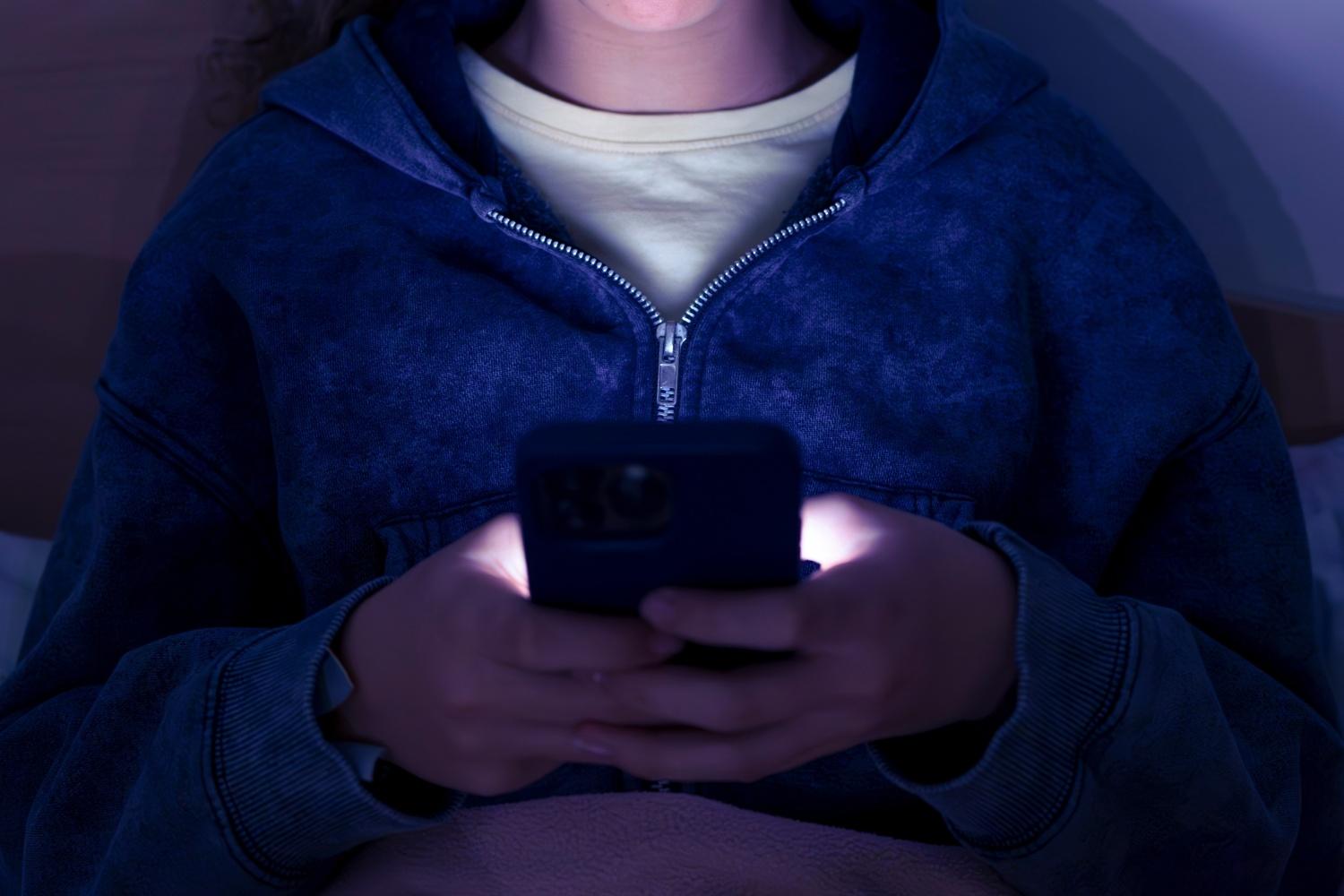David Bowie just proved that privacy is not dead


Published:
Contributors:
Jedidiah Bracy
Editorial Director
IAPP
Like the rest of the world, I woke up Monday morning to news that David Bowie had died. A cultural icon that transcended music, fashion, movies and art, Bowie – love him or hate him – was instantly recognizable and a top-tier celebrity beloved by millions around the world. You'd think that keeping his battle with a terminal disease out of the public eye would be next to impossible for a person of his stature.
And yet no one knew.
I had been talking about him with friends and colleagues over the last few days in light of his 69th birthday last Friday, raving about his new album, and hoping it meant he would embark on his first tour in more than a decade. Things were looking up.
Which made news of his death all the more surprising. It turns out that Bowie had been battling cancer for 18 months. Amazingly, no one outside his inner circle had any idea he was sick. Even some close friends and long-time collaborators were taken by surprise, like the rest of us. Yet, in keeping news of his impending death quiet, Bowie was able to embark on his last great artistic project, an album, in Blackstar, that serves as a rumination on death and a goodbye.
And once again, David Bowie shocked the world.
Quite simply, his ability to keep news of his health quiet for so long is a privacy miracle. Frankly, it's also a heartwarming sign that privacy is not completely dead and that privacy can still foster human dignity and intellectual freedom.
Think about all the individuals who were involved to keep this quiet. His friend and longtime producer Tony Visconti said, “His death was no different from his life—a work of Art. He made Blackstar for us, his parting gift. I knew for a year this was the way it would be. I wasn’t, however, prepared for it.”
Incidentally, Visconti was just in Portland, Maine (a relatively short drive from the IAPP office), and answered question after question about Bowie from some of the icon’s biggest fans. Not once did he give away the devastating news that was likely to come any day. How’d he do that? It must have been next to impossible to not just once break form and say, “I can’t believe he’s going to die soon.”
Another longtime collaborator, friend and fellow music genius Brian Eno, wrote this on Monday:
"David’s death came as a complete surprise, as did nearly everything else about him. I feel a huge gap now.
We knew each other for 40 years. …. Over the last few years … our connection was by email. We signed off with invented names: some of his were Mr. Showbiz, Milton Keynes, Rhoda Borrocks and The Duke of Ear. …
I received an email from him seven days ago. It was as funny as always, and as surreal, looping through word games and allusions and all the usual stuff we did. It ended with this sentence: ‘Thank you for our good times, Brian. They will never rot.’ And it was signed ‘Dawn.’
I realize now he was saying goodbye."
Beyond friends and family, think about the medical professionals – the doctors and nurses – the record producers, video filmmakers, and countless other professionals, vendors and contractors who kept quiet. I can’t imagine all the precautions he and his family had to take to ensure this news didn’t get out until after his passing. Was this a case of sheer wealth and dogged creativity? Or was it something more than that? Perhaps Bowie was so loved and respected by those around him that they were willing to help keep his privacy in check. An 18-month run on human dignity.
Bowie’s last artistic statement was predicated on his personal privacy. His ability to keep his deteriorating health a secret in the name of his last great act is truly an amazing and lasting gift to his fans around the world.
Turns out all the signs were there, we just didn't realize it:



